Are you looking for a reliable Samarium Cobalt Magnets supplier, are you searching for the strongest magnets for your application, or even expecting design for your own specificiation, I am glad you have come to the right place.
With over 20 years design and manufacturing experience, AEMagnets is a leading Samarium Cobalt Magnets supplier, serve to different industies. From grade Sm1Co5-16 to the highest grade Sm2Co17-33H, with various sizes and shapes. Applications from underwater to space, from temperatures -40 degree to 500 degree.
Are you eager to explore more about us, are you ready to discuss with us, let's start!
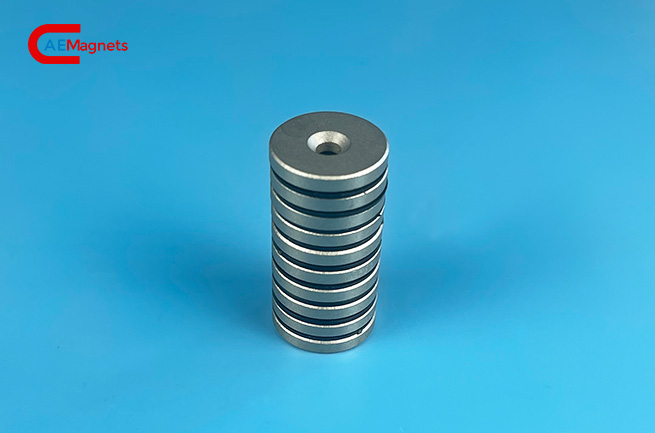
Sm2Co17 YXG32 with size of D25-(D7.2/D5)*4 mm
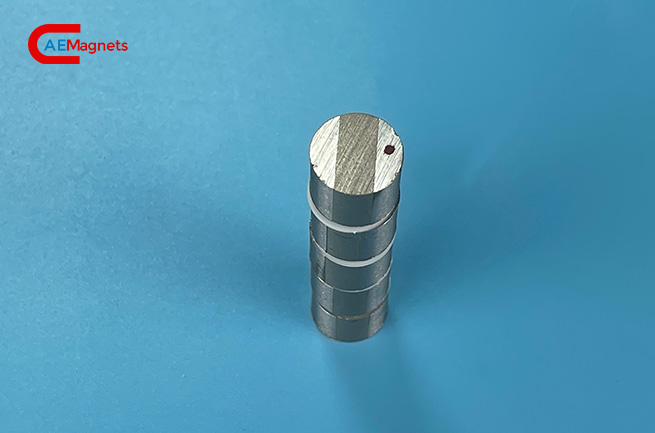
Sm2Co17 YXG32 with size of Diameter 15*12mm, soft iron outside
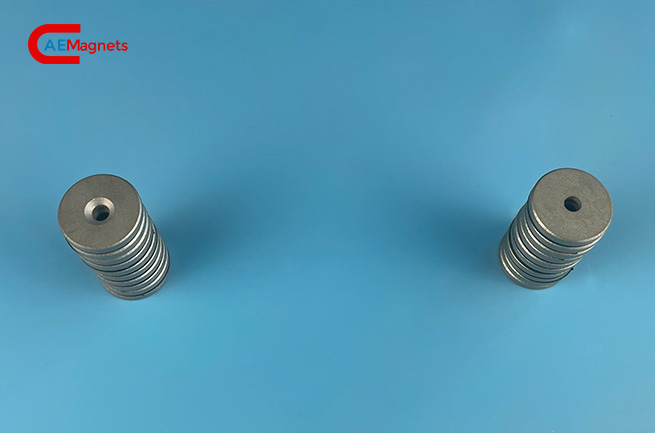
Sm2Co17 YXG32 with size of D30-(D8.5/D6)*5 mm
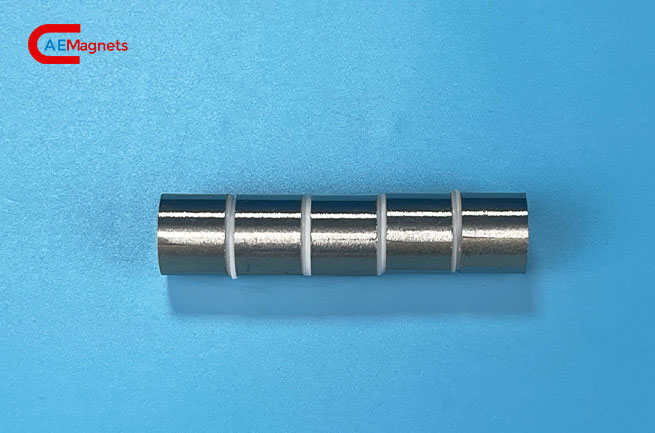
Sm2Co17 YXG32 with size of Diameter 20*14mm
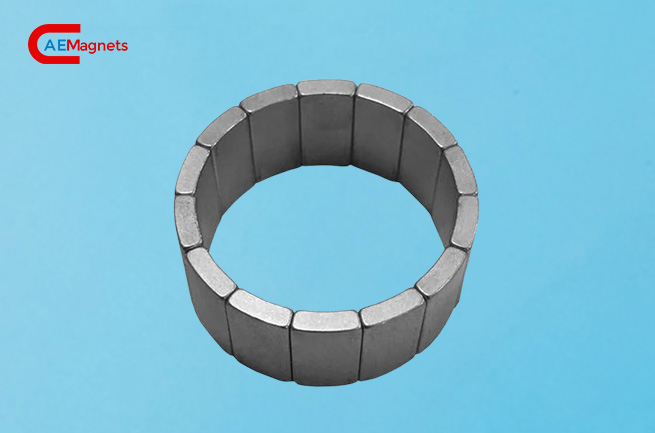
Sm2Co17 YXG32 with size of 20*25*5mm
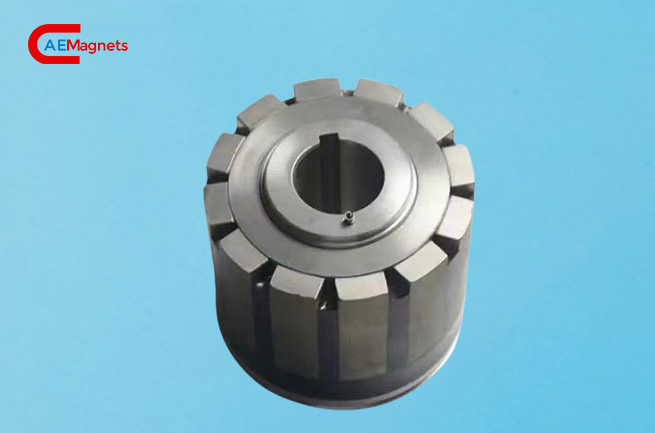
Sm2Co17 YXG32 with size of 15*25*8mm
At AEMagnets, we understand every customer has individual needs and specifictions for the SmCo magnets, that's why we insit on customize for our client, not only for design but also for the manufacruring and service.
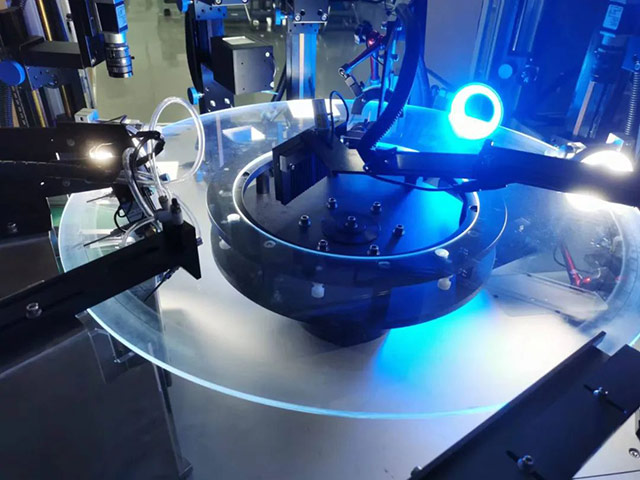
Sizes and shapes: SmCo magnets come in a variety of sizes and shapes to meet the diverse needs of different applications. It's important to note that the size and shape of SmCo magnets are chosen based on the intended application, available space, and required magnetic strength.
Grades & magnetic strength: We provide a wide range of grades: Sm1Co5-16 to the highest grade Sm2Co17-33H available in current market.
Working temperatures: Our SmCo magnets working temperatures ranging from -40°C to 500°C (-40°F to 572°F). This high-temperature capability makes SmCo magnets ideal for applications where exposure to elevated temperatures is a critical factor. It's important to note that while SmCo magnets can withstand high temperatures, their magnetic properties may experience some reversible loss when exposed to the upper limits of their temperature range. Additionally, the specific grade or formulation of SmCo magnets can impact their performance at extreme temperatures, so it's advisable to consult with the manufacturer or supplier for precise temperature ratings based on your application's requirements
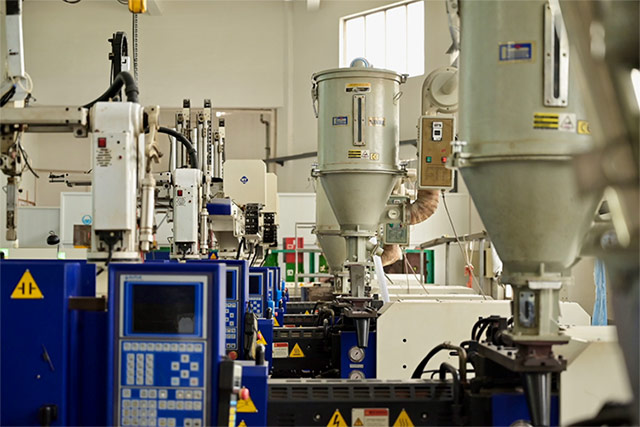
Beyond SmCo, our material expertise spans a diverse range, incorporating cutting-edge alloys and composites. We harness materials with precision to craft solutions that meet the unique demands of modern applications.
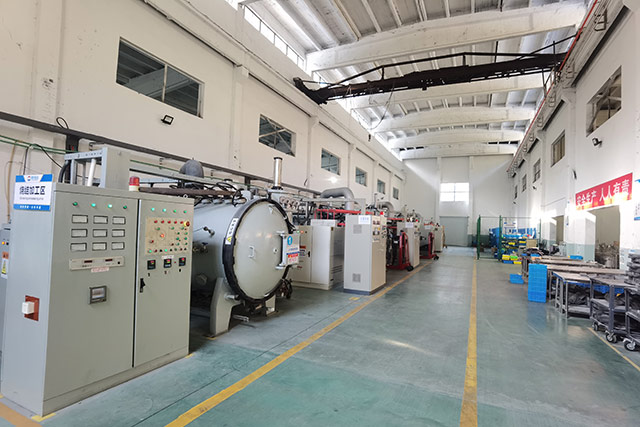
Recognizing the varied needs of industries, we offer more than off-the-shelf products. Our customization prowess allows us to tailor magnetic solutions, optimizing size, shape, and magnetic strength to align seamlessly with specific project requirements.

We are not merely suppliers but collaborators in innovation. Our team works closely with clients to integrate magnetic solutions seamlessly into their designs. From automotive applications to medical devices, our magnets are seamlessly woven into the fabric of modern technological advancements.

Adapting to the ever-evolving landscape of industry challenges, we stay at the forefront of research and development. Our commitment to staying abreast of emerging technologies ensures that our solutions remain not only current but also ahead of the curve.
AEMagnets is focus on creating values for our customer with innovative solution, supporting various industries through advanced magnetic technology.
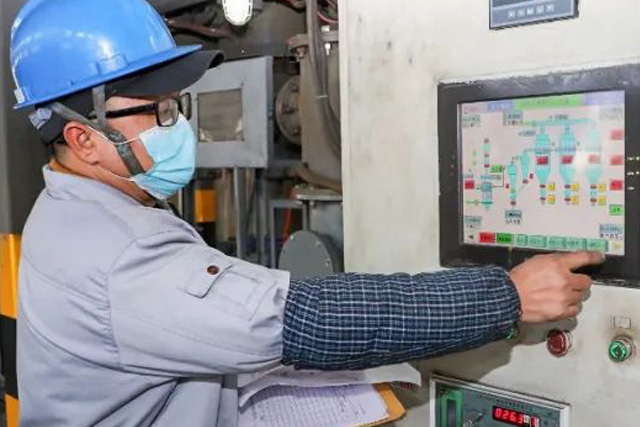
With 20 years of technical magnet expertise, AEMagnets is uniquely qualified in all aspects of magnets engineering and manufacturing. We will work with our customer to achieve an optimized magnetic solution for virtually any need focus on quality, application, cost, lead time.
Engineering is core of our business. We've found that concurrent engineering from early start of a project yields the best overall results, which is why we like to work with our customers from the very beginning on major projects by utilizing our highly-skilled technical experts, in our company we call it Early Involvement of Engineering(EIE).

As a licensed and certified magnet manufacturer, we use high level inspection equipment and testing methods to ensure that our supplied products can meet customer requirements. Besides we also conduct quality planning from very beginning as to mitigate risk from virtual to real production. If there is complaint happened we will treat serious and use 8D methodology to make a thoroughly investigation and also set preventive actions, by insist on this our quality keeps on a very high level, which will finally return back to our customer’s trust.
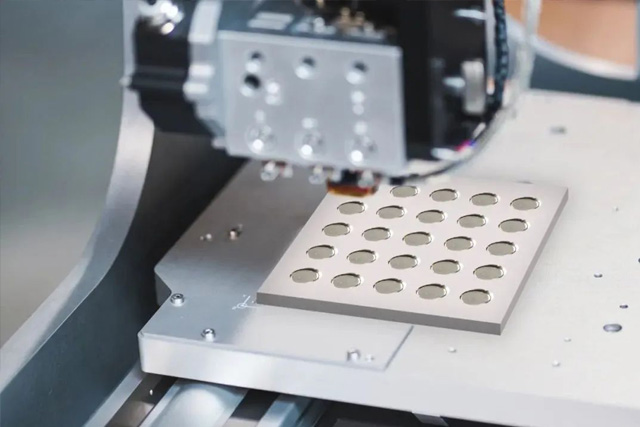
Insist to pursue continuous improvement for cost management through lean production & supply chain management, etc., keep price competitive and share interests with customer.
Samarium Cobalt (SmCo) magnets as the 1st generation of rare-earth magnet which developed in the early 1960s at the University of Dayton.
Known for their strong magnetic properties and excellent temperature stability, Samarium-cobalt magnets are also extremely resistant to demagnetization, composed mainly of samarium and cobalt, these magnets can be classified to Sm1Co5 and Sm2Co17 based on their composition, magnetic properties, and temperature stability.
The percentage composition of Samarium Cobalt (SmCo) magnets can vary depending on the specific grade and type of magnet. Here's a general overview of the approximate percentage composition for the two main types of SmCo magnets:
Sm1Co5 (Samarium Cobalt 1:5):
Sm (Samarium): Approximately 35-38%
Co (Cobalt): Approximately 60-62%
Fe (Iron): Trace amounts
Sm2Co17 (Samarium Cobalt 2:17):
Sm (Samarium): Approximately 23-25%
Co (Cobalt): Approximately 70-74%
Fe (Iron): Approximately 5-7%
Cu (Copper): Approximately 0.5-2%
Samarium Cobalt magnets are classified into different grades, denoted by a number. Higher numbers indicate stronger magnets. For example, an 30H magnet is stronger than an 26H magnet.
The designations "Sm1Co5" and "Sm2Co17" refer to different compositions within the Samarium Cobalt (SmCo) magnet family. The numbers indicate the ratio of samarium (Sm) to cobalt (Co) in the composition. Here's a breakdown of the differences:
Composed of one atom of samarium for every five atoms of cobalt, typically designated as SmCo5, main components include samarium, cobalt, and possibly praseodymium.
Lower magnetic energy product (BHmax) compared to Sm2Co17,generally exhibits lower magnetic strength.
Composed of two atoms of samarium for every seventeen atoms of cobalt, typically designated as Sm2Co17, main components include samarium, cobalt, copper, iron, and zirconium.
Higher magnetic energy product (BHmax) compared to Sm1Co5, exhibits higher magnetic strength.Different Components:
Maximum Operating Temperature:
SmCo5: Maximum operating temperature is 250°C.
Sm2Co17: Maximum operating temperature is 350°C.
SmCo5: Better physical specification, easier to machine.
Sm2Co17: More brittle, making machining more challenging.
In summary, the differences extend to their components and physical characteristics, such as maximum operating temperature and machinability. SmCo5 is noted for its ease of machining, while Sm2Co17 is more brittle but offers a higher maximum operating temperature. The choice between them depends on the specific applications and considering factors such as desired magnetic strength, operating temperature and machinability.
The designations "Sm1Co5" and "Sm2Co17" refer to different compositions within the Samarium Cobalt (SmCo) magnet family. The numbers indicate the ratio of samarium (Sm) to cobalt (Co) in the composition. Here's a breakdown of the differences:
Composed of one atom of samarium for every five atoms of cobalt, typically designated as SmCo5, main components include samarium, cobalt, and possibly praseodymium.
Lower magnetic energy product (BHmax) compared to Sm2Co17,generally exhibits lower magnetic strength.
Composed of two atoms of samarium for every seventeen atoms of cobalt, typically designated as Sm2Co17, main components include samarium, cobalt, copper, iron, and zirconium.
Higher magnetic energy product (BHmax) compared to Sm1Co5, exhibits higher magnetic strength.Different Components:
Maximum Operating Temperature:
SmCo5: Maximum operating temperature is 250°C.
Sm2Co17: Maximum operating temperature is 350°C.
Normally no, Samarium Cobalt (SmCo) magnets do not necessarily require plating for protection against corrosion, as they inherently have good corrosion resistance. The composition of SmCo magnets, which includes elements like cobalt, provides a natural resistance to corrosion.
However, in certain environments or applications where extended exposure to harsh conditions or corrosive substances is expected, plating may be considered for additional protection. Common plating options include nickel, zinc, or epoxy coatings. Plating can serve as an extra layer of defense to enhance the longevity of the magnet and prevent any potential degradation due to environmental factors.
Two common methods are used to measure the magnetic strength of magnets: Gauss testing and Pull testing.
Gauss Testing: Gauss measurement gauges a magnet's field strength using a device called a gauss meter.
Pull Testing: This method measures the force required to detach a known ferrous object from the magnet's surface.
The choice between these methods depends on the specific requirements of the application and the accuracy needed. Pull testing is often preferred for its practicality and ease of use, especially in scenarios where reliability and repeatability are crucial, such as in quality control programs.
Rarely, Samarium Cobalt magnets are the most permanent magnets in the world. As long as you don't overheat them, they lose less than 1% of their strength every 10 years. With daily use, you basically don’t feel any changes
Certain factors that can potentially lead to demagnetization:
High Temperatures: While SmCo magnets have superior temperature stability compared to many other magnet types, exposure to extremely high temperatures beyond their specified limits can lead to temporary or permanent demagnetization. It's crucial to operate SmCo magnets within their recommended temperature range to maintain their magnetic properties.
External Magnetic Fields: Strong external magnetic fields, especially those exceeding the magnet's coercivity (a measure of a magnet's resistance to demagnetization), can demagnetize SmCo magnets. Care should be taken to avoid exposure to such fields.
Mechanical Shock: Excessive mechanical shock or physical impact can potentially affect the magnetic properties of SmCo magnets. While they are relatively robust, severe mechanical stress can lead to demagnetization.
Corrosion: While SmCo magnets exhibit good corrosion resistance, exposure to certain corrosive environments over an extended period might impact their magnetic performance. In such cases, protective coatings or plating may be considered.
It's essential to handle and use SmCo magnets within their specified operating conditions to prevent demagnetization. Consult with the magnet manufacturer for specific guidelines related to your application and operating environment.
From a medical point of view, Samarium Cobalt magnets are not harmful to the human body. Moreover, the use of rare earth magnets for magnetic therapy is very common in the medical field. However, if the human body carries medical electronic equipment such as a pacemaker, it is strongly recommended to avoid contact with powerful neodymium magnets, as this may cause serious harm to health. Be aware of potential allergies to the materials used in Samarium Cobalt magnets, such as nickel. If irritation occurs, discontinue direct skin contact and seek medical advice immediately.
Samarium Cobalt (SmCo) magnets and Neodymium Iron Boron (NdFeB or neodymium) magnets are two distinct types of rare-earth magnets, each of them with its own set of characteristics. A brief comparison between the two:
SmCo Magnets: Generally have strong magnetic properties, though not as strong as neodymium magnets.
Neodymium Magnets: Known for their exceptional magnetic strength, often surpassing other magnet types.
SmCo Magnets: Exhibit excellent temperature stability and can operate at higher temperatures compared to neodymium magnets.
Neodymium Magnets: Can experience a decrease in magnetic performance at elevated temperatures.
SmCo Magnets: Have good corrosion resistance and can withstand harsh environments.
Neodymium Magnets: Prone to corrosion, often requiring protective coatings for certain applications.
SmCo Magnets: Generally more expensive than neodymium magnets due to the cost of raw materials.
Neodymium Magnets: More cost-effective compared to SmCo magnets.
SmCo Magnets: Relatively less brittle compared to neodymium magnets.
Neodymium Magnets: Can be more brittle and prone to chipping or cracking.
SmCo Magnets: Commonly used in aerospace, medical devices, and high-temperature applications.
Neodymium Magnets: Widely used in various applications, including electric motors, speakers, and consumer electronics.
SmCo Magnets: Generally have higher coercivity, making them less susceptible to demagnetization.
Neodymium Magnets: Lower coercivity, making them more susceptible to demagnetization from external magnetic fields.
The choice between SmCo and neodymium magnets depends on the specific requirements of the application, including factors such as temperature, magnetic strength, and budget constraints. It's essential to carefully consider these factors to select the most suitable magnet for a given purpose.
Let us be your partner in magnets supply chain
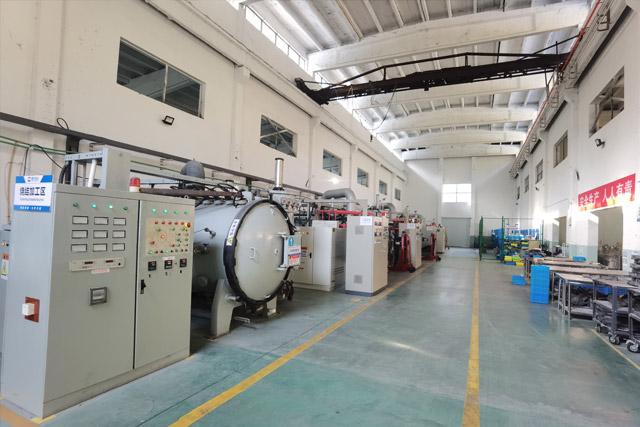

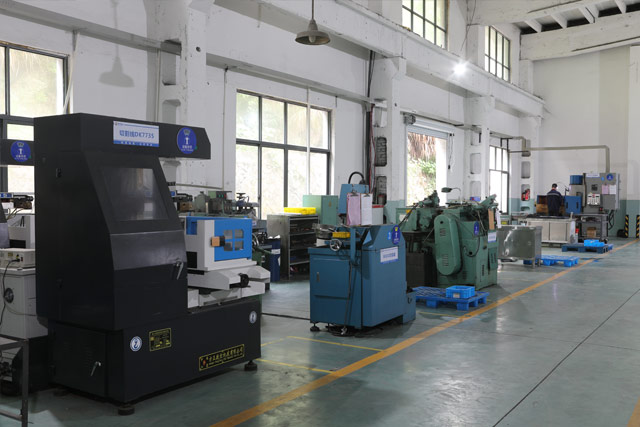


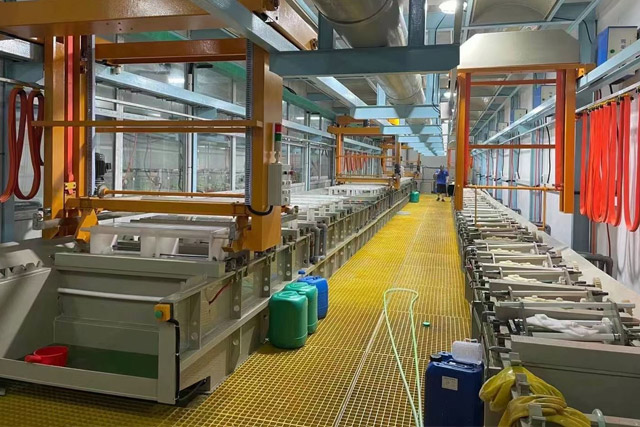
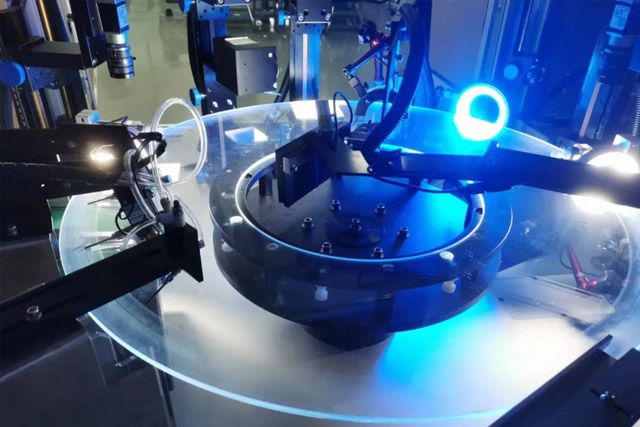

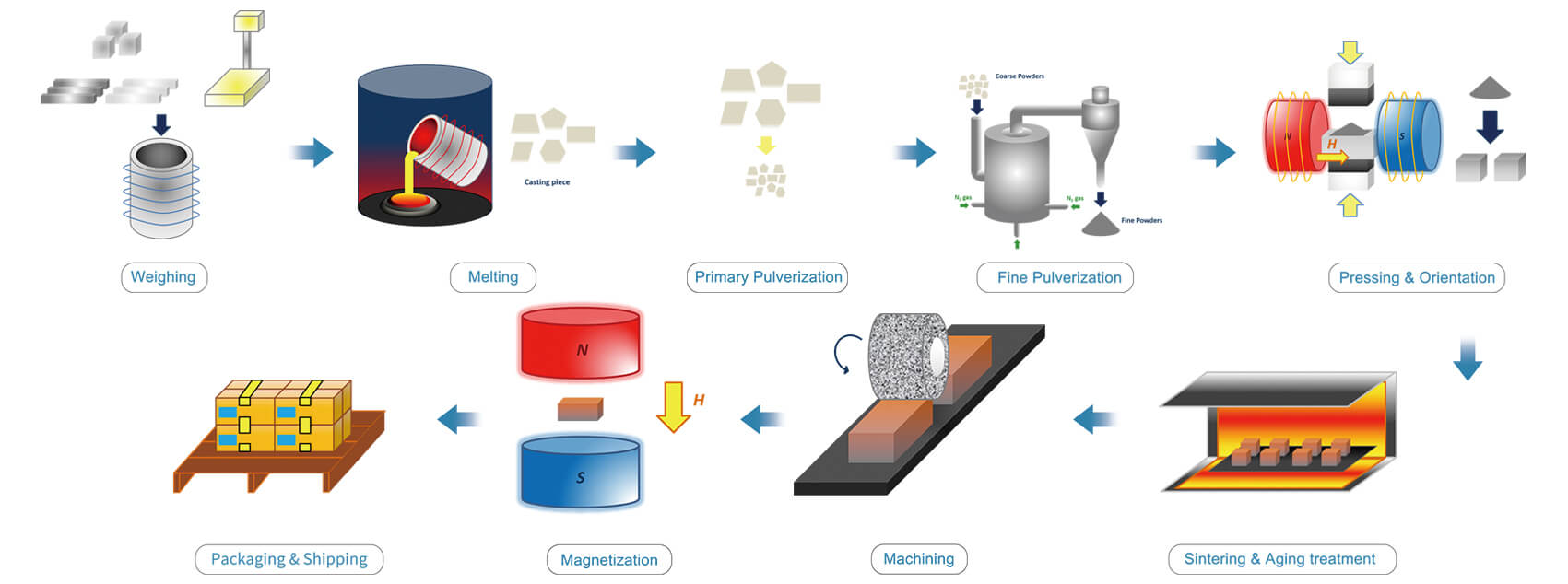
| Material | Grade | RemanenceBr | CoercivityHcb | Intrinsic CoercivityHcj | Max.EnergyProduct(BH)max | CurieTempTc | Max. Oper Tem.Tw | Temp. Coeff. of Br | Temp. Coeff. of Hcj | ||||
|---|---|---|---|---|---|---|---|---|---|---|---|---|---|
| T | kGs | kA/m | KOe | kA | kOe | kJ/m3 | MGOe | ℃ | ℃ | %/℃ | %/℃ | ||
| SmCo5 | RECo5-16S | 0.79-0.84 | 7.9-8.4 | 620-660 | 7.8-8.3 | ≥1830 | ≥23.0 | 118-135 | 15-17 | 750 | 250 | -0.035 | -0.28 |
| RECo5–18S | 0.84-0.89 | 8.4-8.9 | 660-700 | 8.3-8.8 | ≥1830 | ≥23.0 | 135-151 | 17-19 | 750 | 250 | -0.04 | -0.28 | |
| RECo5–20S | 0.89-0.93 | 8.9-9.3 | 684-732 | 8.6-9.2 | ≥1830 | ≥23.0 | 150-167 | 19-21 | 750 | 250 | -0.045 | -0.28 | |
| RECo5–22S | 0.92-0.96 | 9.2-9.6 | 710-756 | 8.9-9.5 | ≥1830 | ≥23.0 | 167-183 | 21-23 | 750 | 250 | -0.045 | -0.28 | |
| RECo5–24S | 0.96-1.00 | 9.6-10.0 | 740-788 | 9.3-9.9 | ≥1830 | ≥23.0 | 183-199 | 23-25 | 750 | 250 | -0.045 | -0.28 | |
| (SmGd)Co5 | LTC-10 | 0.62-0.66 | 6.2-6.6 | 485-517 | 6.1-6.5 | ≥1830 | ≥23.0 | 75-88 | 9.5-11.0 | 750 | 300 | 20-100℃: +0.0156100-200℃: +0.0087200-300℃: +0.0007 | – |
| Sm2(Co,Fe,Cu,Zr)17 | RE2Co17-24H | 0.95-1.02 | 9.5-10.2 | 692-764 | 8.7-9.6 | ≥1990 | ≥25.0 | 175-191 | 22-24 | 800 | 350 | -0.025 | -0.2 |
| RE2Co17-26H | 1.02-1.05 | 10.2-10.5 | 740-788 | 9.4-10.0 | ≥1990 | ≥25.0 | 191-207 | 24-26 | 800 | 350 | -0.03 | -0.2 | |
| RE2Co17-28H | 1.03-1.08 | 10.3-10.8 | 756-812 | 9.5-10.2 | ≥1990 | ≥25.0 | 207-220 | 26-28 | 800 | 350 | -0.035 | -0.2 | |
| RE2Co17-30H | 1.08-1.10 | 10.8-11.0 | 788-835 | 9.9-10.5 | ≥1990 | ≥25.0 | 220-240 | 28-30 | 800 | 350 | -0.035 | -0.2 | |
| RE2Co17-32H | 1.10-1.13 | 11.0-11.3 | 812-860 | 10.2-10.8 | ≥1990 | ≥25.0 | 230-255 | 29-32 | 800 | 350 | -0.035 | -0.2 | |
| RE2Co17-22 | 0.93-0.97 | 9.3-9.7 | 676-740 | 8.5-9.3 | ≥1433 | ≥18.0 | 160-183 | 20-23 | 800 | 300 | -0.02 | -0.2 | |
| RE2Co17-24 | 0.95-1.02 | 9.5-10.2 | 692-764 | 8.7-9.6 | ≥1433 | ≥18.0 | 175-191 | 22-24 | 800 | 300 | -0.025 | -0.2 | |
| RE2Co17-26 | 1.02-1.05 | 10.2-10.5 | 748-796 | 9.4-10.0 | ≥1433 | ≥18.0 | 191-207 | 24-26 | 800 | 300 | -0.03 | -0.2 | |
| RE2Co17-28 | 1.03-1.08 | 10.3-10.8 | 756-812 | 9.5-10.2 | ≥1433 | ≥18.0 | 207-220 | 26-28 | 800 | 300 | -0.035 | -0.2 | |
| RE2Co17-30 | 1.08-1.10 | 10.8-11.0 | 788-835 | 9.9-10.5 | ≥1433 | ≥18.0 | 220-240 | 28-30 | 800 | 300 | -0.035 | -0.2 | |
| RE2Co17-32 | 1.10-1.13 | 11.0-11.3 | 812-860 | 10.2-10.8 | ≥1433 | ≥18.0 | 230-255 | 29-32 | 800 | 300 | -0.035 | -0.2 | |
| RE2Co17-26M | 1.02-1.05 | 10.2-10.5 | 676-780 | 8.5-9.8 | 955-1433 | 12月18日 | 191-207 | 24-26 | 800 | 300 | -0.035 | -0.2 | |
| RE2Co17-28M | 1.03-1.08 | 10.3-10.8 | 676-796 | 8.5-10.0 | 955-1433 | 12月18日 | 207-220 | 26-28 | 800 | 300 | -0.035 | -0.2 | |
| RE2Co17-30M | 1.08-1.10 | 10.8-11.0 | 676-835 | 8.5-10.5 | 955-1433 | 12月18日 | 220-240 | 28-30 | 800 | 300 | -0.035 | -0.2 | |
| RE2Co17-32M | 1.10-1.13 | 11.0-11.3 | 676-852 | 8.5-10.7 | 955-1433 | 12月18日 | 230-255 | 29-32 | 800 | 300 | -0.035 | -0.2 | |
| RE2Co17-24L | 0.95-1.02 | 9.5-10.2 | 541-716 | 6.8-9.0 | 636-955 | 8月12日 | 175-191 | 22-24 | 800 | 250 | -0.025 | -0.2 | |
| RE2Co17-26L | 1.02-1.05 | 10.2-10.5 | 541-748 | 6.8-9.4 | 636-955 | 8月12日 | 191-207 | 24-26 | 800 | 250 | -0.035 | -0.2 | |
| RE2Co17-28L | 1.03-1.08 | 10.3-10.8 | 541-764 | 6.8-9.6 | 636-955 | 8月12日 | 207-220 | 26-28 | 800 | 250 | -0.035 | -0.2 | |
| RE2Co17-30L | 1.08-1.15 | 10.8-11.5 | 541-796 | 6.8-10.0 | 636-955 | 8月12日 | 220-240 | 28-30 | 800 | 250 | -0.035 | -0.2 | |
| RE2Co17-32L | 1.10-1.15 | 11.0-11.5 | 541-812 | 6.9-10.2 | 636-955 | 8月12日 | 230-255 | 29-32 | 800 | 250 | -0.035 | -0.2 | |
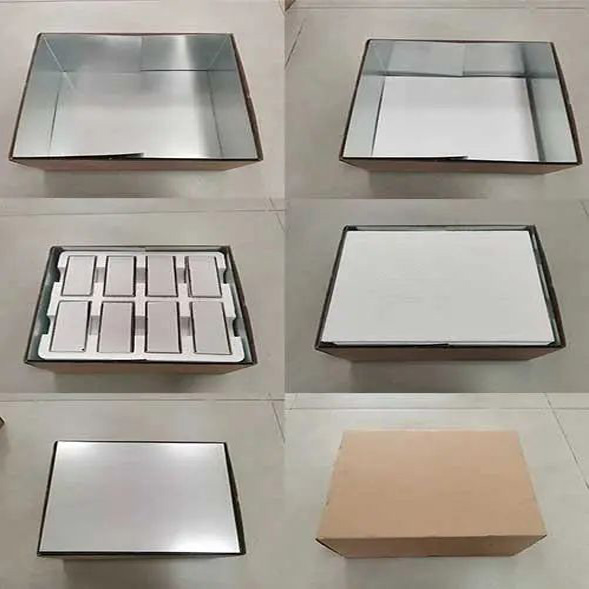
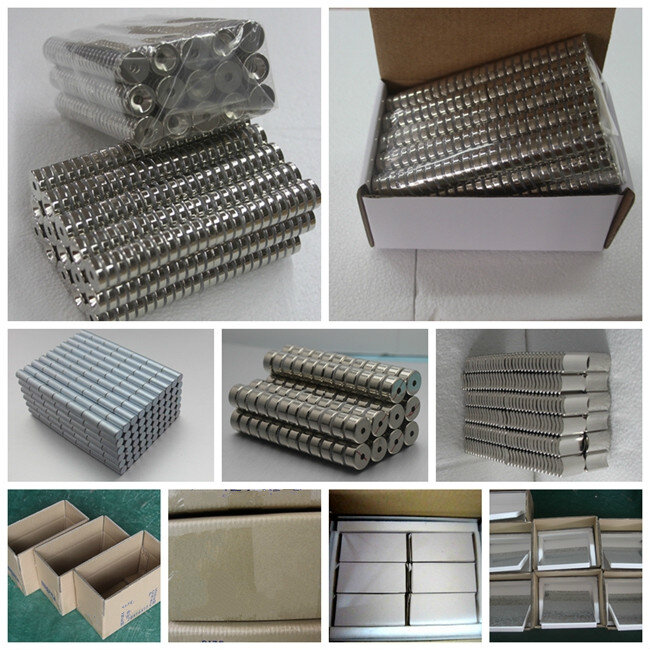
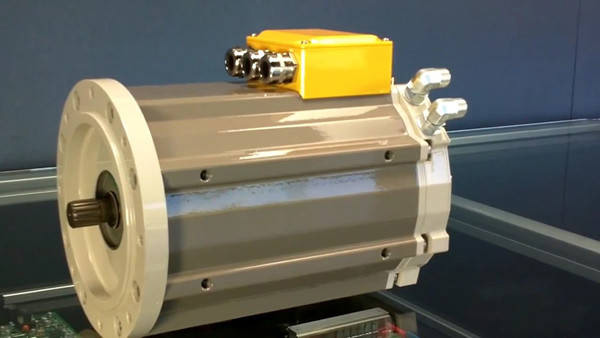
Samarium Cobalt (SmCo) magnets as the 1st generation of rare-earth magnet which developed in the early 1960s at the University of Dayton.
Known for their strong magnetic properties and excellent temperature stability, Samarium-cobalt magnets are also extremely resistant to demagnetization, composed mainly of samarium and cobalt, these magnets can be classified to Sm1Co5 and Sm2Co17 based on their composition, magnetic properties, and temperature stability.

Samarium Cobalt (SmCo) magnets find applications in various industries and technologies where their unique properties are advantageous. Some common applications include:
Aerospace:
SmCo magnets are used in aerospace applications where high-performance magnets are required, such as in sensors, actuators, and motors for satellites and spacecraft.
Medical Devices: SmCo magnets are employed in medical devices, including magnetic resonance imaging (MRI) machines, pacemakers, and medical sensors due to their stability and resistance to demagnetization.
Oil and Gas Industry: SmCo magnets are used in downhole tools for drilling and exploration in the oil and gas industry, where high-temperature stability is crucial.
Automotive: SmCo magnets are utilized in various automotive applications, including electric motors, sensors, and actuators, where their temperature resistance and reliability are important.
Military and Defense: SmCo magnets find applications in military and defense technologies, including sensors, radar systems, and missile guidance systems.
High-Temperature Environments: Due to their excellent temperature stability, SmCo magnets are preferred in applications involving high temperatures, such as in industrial processing and research equipment.
Electric Motors and Generators:
SmCo magnets are used in electric motors and generators where high magnetic strength and stability are essential for efficient and reliable performance.
Robotics:
SmCo magnets are used in robotics for various applications, including precision movements, sensors, and grippers.
Audio Equipment:
SmCo magnets are sometimes used in high-end audio speakers and headphones where their stability and magnetic strength contribute to superior sound quality.
These applications showcase the versatility of SmCo magnets and their ability to perform in demanding environments where other magnets may not be suitable. The choice of SmCo magnets is often driven by the need for high magnetic strength, temperature stability, and reliability
In conclusion, the widespread use of neodymium iron boron magnetic materials spans electronics, communication, manufacturing, sensors, actuators, and motors, showcasing their adaptability and reliability in various technological applications.

High Magnetic Strength: Strong magnetic properties comparable to neodymium magnets.
Excellent Temperature Stability: Maintains performance at elevated temperatures, exceeding 300°C.
Corrosion Resistance: Suitable for environments with moisture or harsh chemicals.
Low Temperature Coefficient: Less sensitive to temperature changes.
Resistance to Demagnetization: High coercivity, less susceptible to demagnetization.
Long Operational Life: Stable and durable for extended use.
Wide Range of Grades:
Customizable based on specific application needs.
Applications in High-Performance Industries:
Used in aerospace, medical, and military applications.
Less Brittle Than Neodymium: Relatively less brittle, reducing the risk of chipping or cracking.
Versatility:
Applicable in motors, sensors, actuators, and various high-tech devices.
Consideration of factors such as cost and brittleness is crucial when selecting SmCo magnets for specific applications.
lf you're looking for Samarium Cobalt Magnets, we'll work with you to find the best option for your appilaction.

When considering the purchase of Samarium Cobalt Magnets, several factors should be taken into account to ensure that the selected magnets meet the specific requirements of your application.
Here are some key factors to consider: Size and Shape, Magnetic Strength (Grade), Operating Temperature, Magnetization direction.
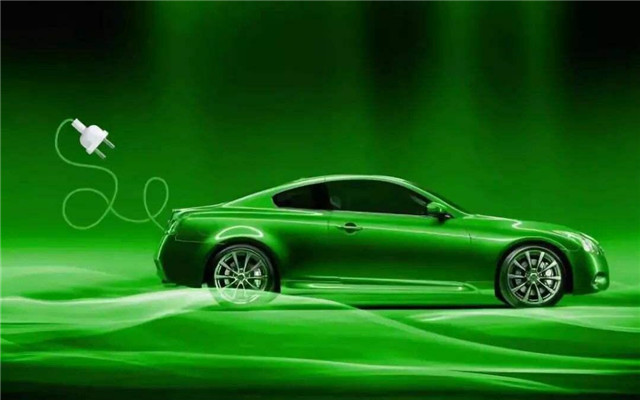
Gauss measurement gauges a magnet's field strength using a device called a gauss meter.
Process: A handheld probe of the gauss meter is moved around the magnet, and the values increase or decrease accordingly.
Limitations: Gauss meters are highly sensitive, making it challenging to obtain reliable, repeatable values. Calibration issues are common, and even slight movements of the probe can yield different results.
Application: Provides insights into a magnet's circuit design and field gradient but may not be the preferred method due to its sensitivity.
This method measures the force required to detach a known ferrous object from the magnet's surface.
Process: A ferrous object (usually a steel ball) is placed on the magnet's surface, and the force needed for detachment is measured, typically in pounds or ounces.
Application: Effective in determining a magnet's strength, especially for magnets capturing metals from a distance away. It also allows measurement of the magnet's gradient with non-ferrous spacers.
Advantages: Often favored for its reliability and repeatability, particularly in stringent quality programs.

Normally the Samarium Cobalt Magnets can be shipped by air, sea, railway, land, depends on weight and distance, before shipping the magnets need to be packed with magnetic shield to make sure the magnetism can not affect outside of the package. Magnetic inspection is necessary for air shipping which is conducted by 3rd party, meanswhile MSDS report is necessary for sea shipping.

Handle with Care: Avoid impact to prevent chipping or breakage.
Protect Against Corrosion: Consider coatings in corrosive environments.
Mind Temperature Limits: Operate within specified temperature ranges.
Avoid Demagnetization: Shield from strong external magnetic fields.
Minimize Mechanical Stress: Prevent excessive force or shock.
Watch for Magnetic Fields: Keep away from sensitive electronic devices.
Use Non-Magnetic Tools: Prevent unintended attraction.
Keep Away from Children: Due to swallowing hazard.
Ensure Proper Installation: Secure integration to prevent detachment.
By following these guidelines, you ensure optimal performance, safety, and longevity of SmCo magnets. Always refer to manufacturer recommendations for specific applications.
For safety, place Samarium Cobalt Magnets in locations inaccessible to children to prevent accidental ingestion.


Navigating the realm of Samarium Cobalt Magnets can be overwhelming, especially for newcomers. Yet, with invaluable insights into Samarium Cobalt Magnets, the complexity of selection transforms into a streamlined process.
Backed by decades of expertise in the Samarium Cobalt Magnets sector, AEMagnets stands as a reliable source for optimal materials grades, size, shapes, and specifications catering to projects of any scale. Our dedicated team is ready to provide insightful guidance, with the added convenience of customizable samples meticulously crafted to suit your distinct requirements. Trust in AEMagnets for a seamless Samarium Cobalt Magnets selection experience.

